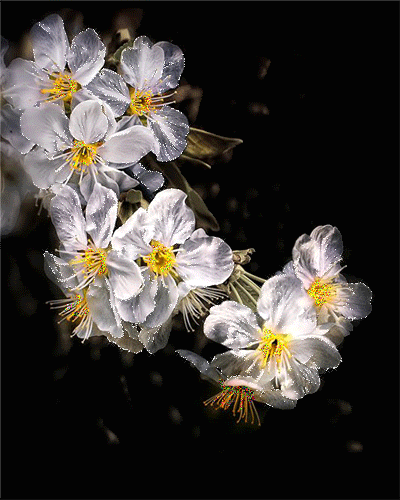Inner Calm
Acceptance: Acceptance is crucial for peace of mind. Accepting that there are few guarantees in the world and learning to tolerate uncertainty is a huge leap in the peace-of-mind stakes. Differentiate between what you can and cannot control.
Mindfulness: When we are mindful, we are fully present in the moment and acutely aware of our five senses: touch, taste, sight, hearing and smell. Engage your senses. This leaves less time for your mind to worry and think about “what ifs.”
Self Love: The more we like ourselves, the greater our peace of mind. We accept ourselves more and feel at ease in the world, no matter what situation we find ourselves in. We experience less insecurity and as a result, our inner peace is heightened.
Source: Lifehack


















